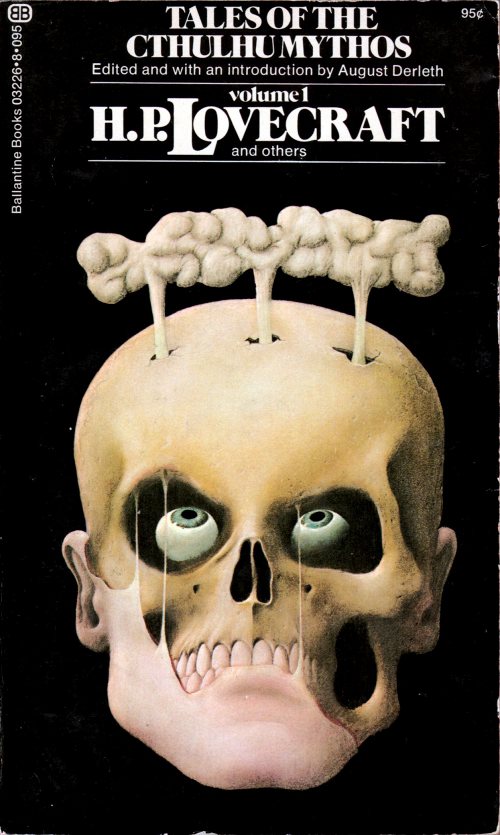
Belle Plaine Service Area, Kansas Turnpike
Over several years, for the month of June, I wrote about a short story that was available online each day of the month…. It seemed like a good idea at the time. My blog readership fell precipitously and nobody seemed to give a damn about what I was doing – which was a surprising amount of work.
Because of this result, I’m going to do it again this year – In September this time… because it is September.
Today’s story, for day 21 – Only Sunshine by Becky Mandelbaum
Read it online here:
Only Sunshine by Becky Mandelbaum
Baby Julia was a baby, but even she understood that she was nothing much in the grand scheme of things. She would never be one of the greats: the rain or the wind or the dirt or the sky. But maybe, just maybe, she could participate in some peripheral way—by touching or tasting or, even better, by eating the celestial thing that she admired most. Why not? All around her, things were consuming other things: caterpillars were munching leaves, the mailbox was ingesting letters, the soil was drinking rain. Not to mention that every night, some invisible glutton took another bite of the moon. Eventually there’d be a new one—full and silver and miraculously intact—but without fail, that anonymous mouth would slowly eat it back down to a measly grain of rice. And then there was her mother who, every day, without fail, put the same plastic spoon in her mouth: pudding, applesauce, mashed peas. So why not this? Why not her and why not today and why not the sun?
—-Becky Mandelbaum, Only Sunshine
The most difficult question I get asked, and I get asked it a lot, is, “Where are you from?”
For most people that’s pretty easy, but I have no idea what to say. The most accurate answer is “nowhere,” but that seems pretty insolent as does “everywhere” which means exactly the same thing. Usually I say, “I’ve lived in Dallas for a long, long time,” which is accurate and probably the best answer. I am from where I live and I live where I’m from.
One place that does hold a claim on me is Kansas. My family is from there. I lived there as a youth whenever my father was on combat tours and couldn’t take his family along. We were stationed in the Northeast corner of the state for a while (on a base and in a town known for its prisons). In high school, for a few months I was a refugee there after being evacuated from a terrible earthquake. I went to college there (since my family was from Kansas, I was granted in-state tuition, which made the decision easy. My nickname for at least the first year or so was “banana boat,” as in “Bill, you are an American, but you act like you fell off the banana boat.”) My first job, for three years, after school was in Kansas.
So the state does have its hooks in me to some extent. But is it home? Nah.
There is no home. I hear stories like, “So and so went to school in Shreveport but after a month she was homesick and came back.” I have no idea what that means. Homesick is an emotion that I have never felt. When I travel I feel as much at home in some bland business hotel as I do in my bed in the house I make payments on. Which is, not at all. Or completely. Which means the same thing.
Today’s author, Becky Mandelbaum, is from Kansas and writes about Kansas (though she no longer lives there). Her book of short stories is called Bad Kansas – which is a pretty compelling title.
I read several of her works online and chose one that doesn’t have any obvious connection to that state. It’s called Only Sunshine and is a bit of magical realism (light on the realism) about an infant that eats the sun. It’s an effective piece – you really feel for the parents of the doomed baby and their futile attempts to stop the thermonuclear fusion.
I enjoyed the delicate tone and the simple story. I’ve been around enough babies to be pretty sure this is how they look at things and they would gobble old sol if they had the chance.
While I was in school, even though I was a chemistry major I tried to slip into as many advanced literature classes as I could, wedging them in between Differential Equations and Physical Chemistry. One that I took was “Literature of the Great Plains.” On the first day the professor apologized, “there isn’t really any great literature written on or about the Great Plains – we will have to make do with what we have.”
One concept is still with me. In the classic Giants in the Earth by O. E. Rölvaag, a women is essentially driven crazy by the sky and the fact that out on the plain, you can lie down, look up, and see nothing except the sky.
Beret had now formed the habit of constantly watching the prairie; out in the open, she would fix her eyes on one point of the sky line–and then, before she knew it, her gaze would have swung around the whole compass; but it was ever, ever the same. . . . Life it held not; a magic ring lay on the horizon, extending upward into the sky; within this circle no living form could enter; it was like the chain inclosing the king’s garden, that prevented it from bearing fruit. . . . How could human beings continue to live here while that magic ring encompassed them? And those who were strong enough to break through were only being enticed still farther to their destruction! . . .
They had been here four months now; to her it seemed like so many generations; in all this time they had seen no strangers except the Indians–nor would they be likely to see any others. . . . Almost imperceptibly, her terror because of the stakes which her husband had burned had faded away and disappeared. . . . They had probably belonged to the Indians, so it did not matter; he had become fast friends with them. . . .
People had never dwelt here, people would never come; never could they find home in this vast, wind-swept void. . . . Yes, they were the only ones who had been bewitched into straying out here! . . . Thus it was with the erring sons of men; they were lost before they knew it; they went astray without being aware; only others could see them as they were. Some were saved, and returned from their wanderings, changed into different people; others never came back. . . . God pity them: others never came back! . . .
At these times, a hopeless depression would take hold of her; she would look around at the circle of the sky line; although it lay so far distant, it seemed threatening to draw in and choke her. . . .
. . . So she grew more taciturn, given to brooding thoughts.
But then the unthinkable took place: some one from outside broke through the magic circle. . . .
Today’s story made me think about Giants in the Earth… I’m not sure why. Maybe the opening line of Rölvaag’s book.
Bright, clear sky over a plain so wide that the rim of the heavens cut down on it around the entire horizon. . . . Bright, clear sky, to-day, to-morrow, and for all time to come.
. . . And sun! And still more sun! It set the heavens afire every morning; it grew with the day to quivering golden light–then softened into all the shades of red and purple as evening fell. . . . Pure colour everywhere. A gust of wind, sweeping across the plain, threw into life waves of yellow and blue and green. Now and then a dead black wave would race over the scene . . . a cloud’s gliding shadow . . . now and then. . . .
Interview with Becky Mandelbaum:
How do you feel about social media to promote your writing, and do you use it?
I usually don’t like using social media to promote my writing. I like to write because writing feels, in many ways, like a rejection of all the technology we’ve come to rely on. A story on paper is so simple. You have the text, the reader, and the exchange. I think bringing other mediums into the picture can ruin that interaction. Of course, it can also enhance it in other, peripheral ways. I’ve liked several of my favorite journals on Facebook, and it’s nice to see what’s going on with those publications.
—-From Midwestern Gothic

Keeper of the Plains,
Wichita, Kansas



















